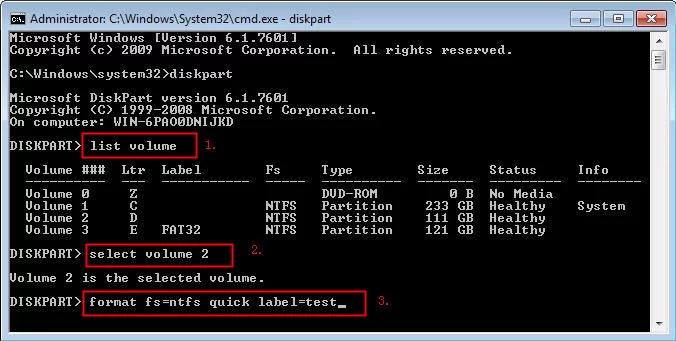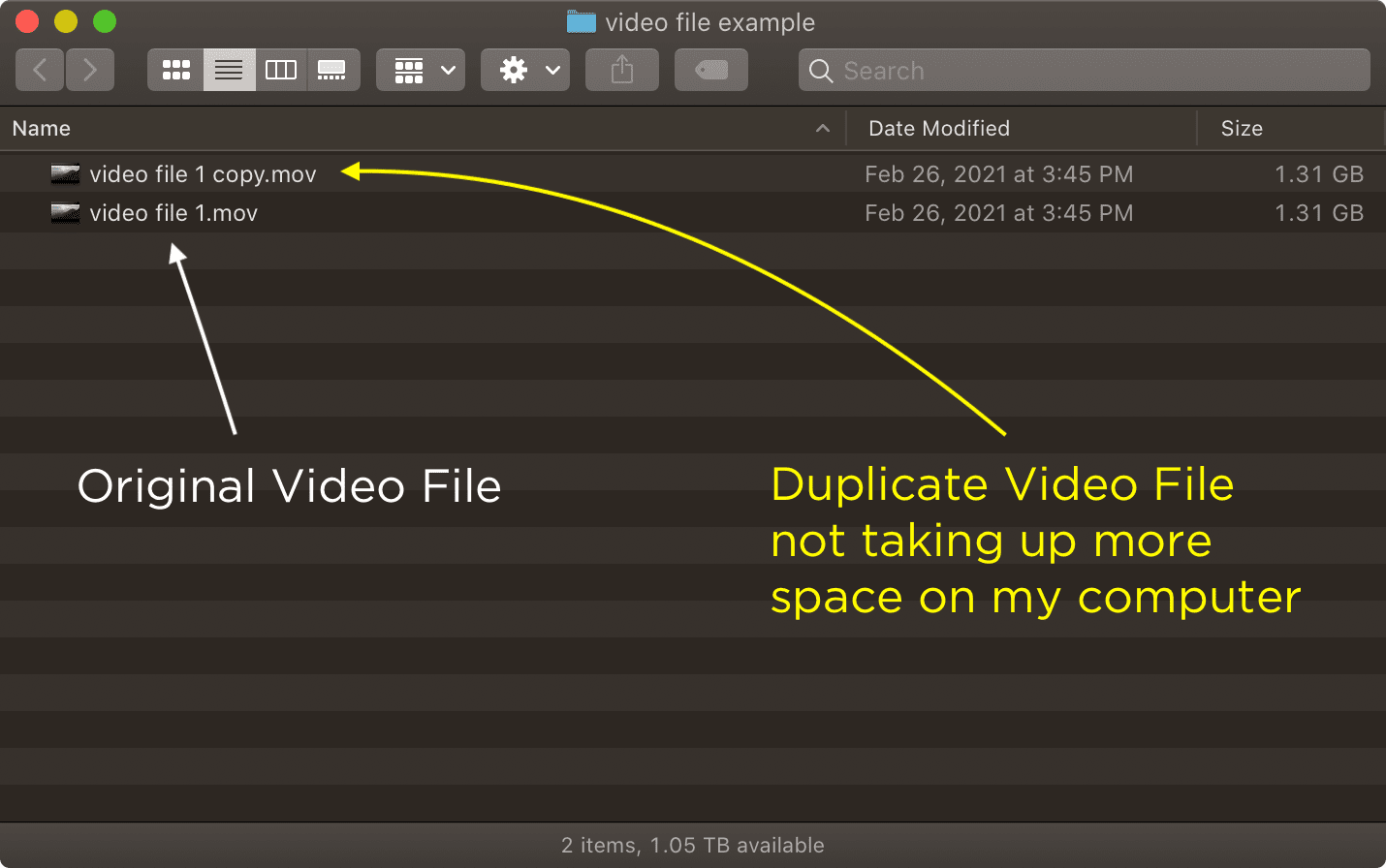


A file system like NTFS or FAT works as something of a script for the computer to tell it how to manage data on a disk. Hard drives, on the other hand, run into issues with fragmentation over time, requiring the occasional defrag the added sophistication and speed of SSD and other types of flash storage, like USB drives, make this process largely unnecessary.įile systems act as a layer of data to manage the information on the disk. SSDs, for example, can extend their usable lifespan through a process called TRIM, which internally erases portions of the drive that are no longer in use. Hard drives, flash drives and solid-state devices (SSDs) rely on a variety of tactics to manage file storage, and these tactics often differ. Over time, different advantages for each file storage type have emerged, and both IT teams and end users will likely interact with each type - especially those who primarily use Microsoft Windows devices. Both were developed by Microsoft more than a quarter century ago and are heavily used in computing. Two of the most common formats are the New Technology File System (NTFS) and File Allocation Table (FAT), the latter most commonly seen as FAT32. It may seem like a simple concept, but there are many ways to store files on a given device. With so many emerging technologies changing the way organizations do business, one of the most crucial digital tools is also one of the most basic: file storage.


 0 kommentar(er)
0 kommentar(er)
